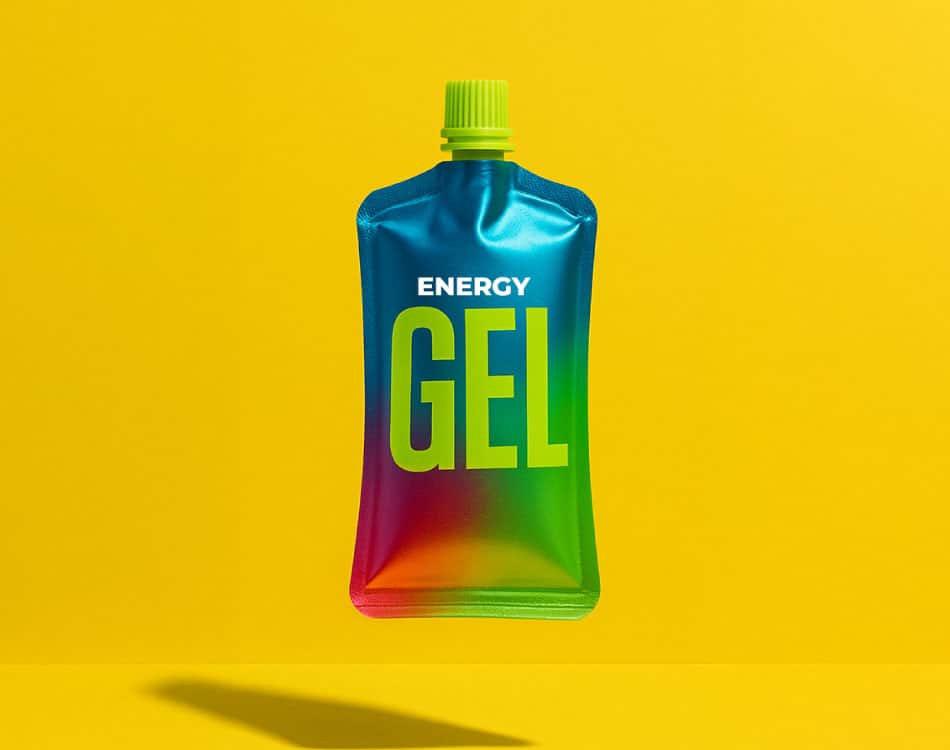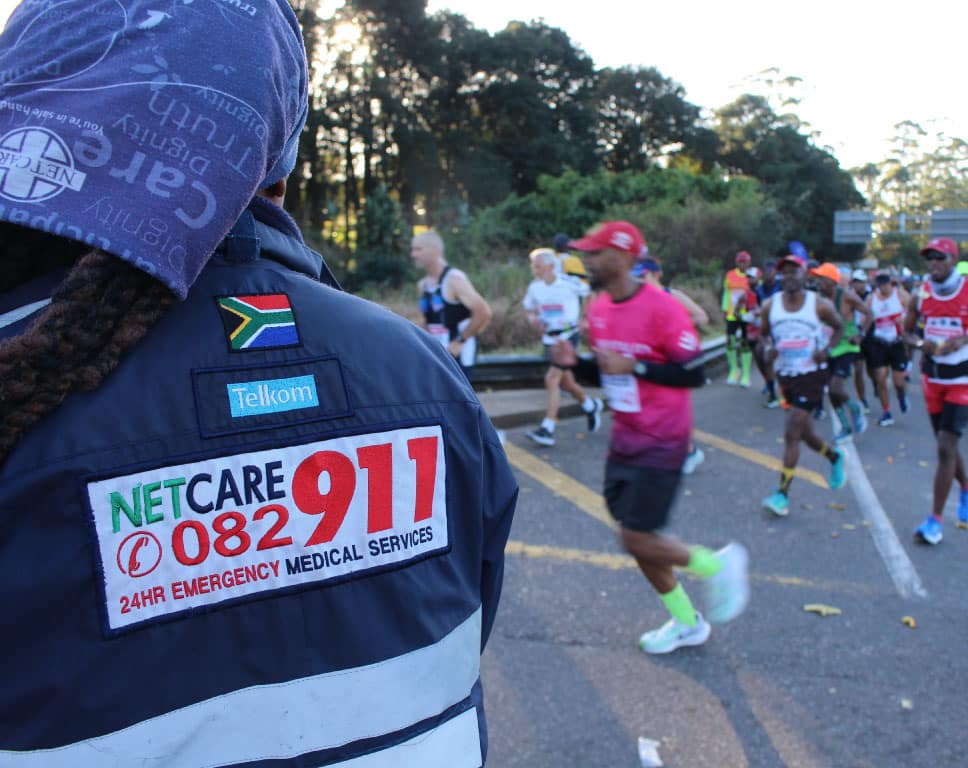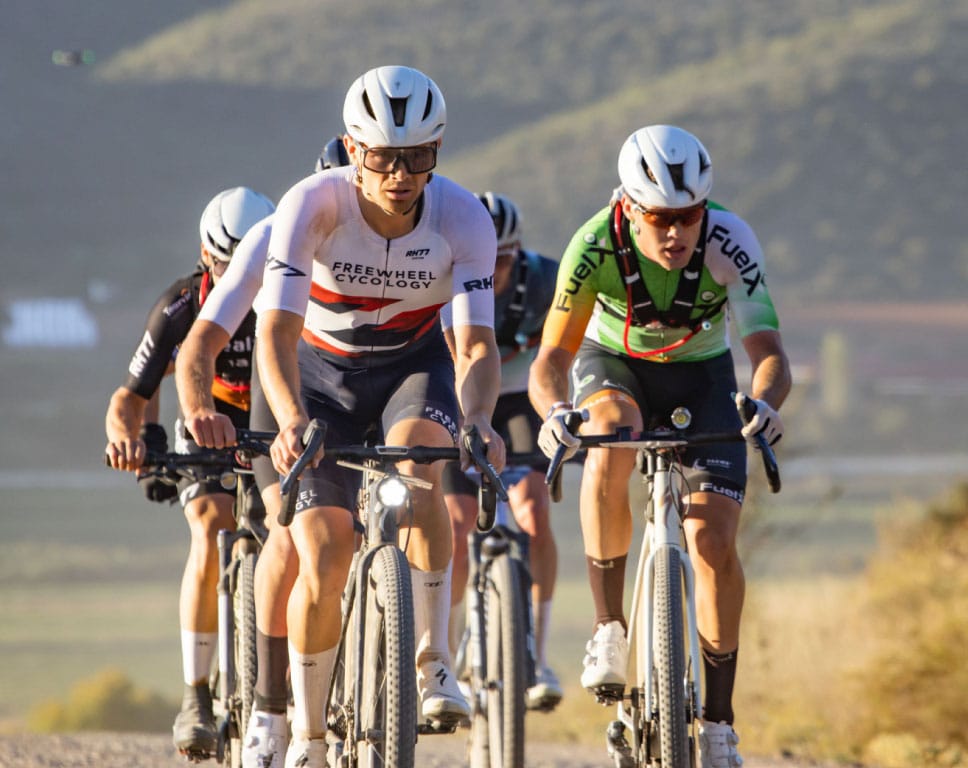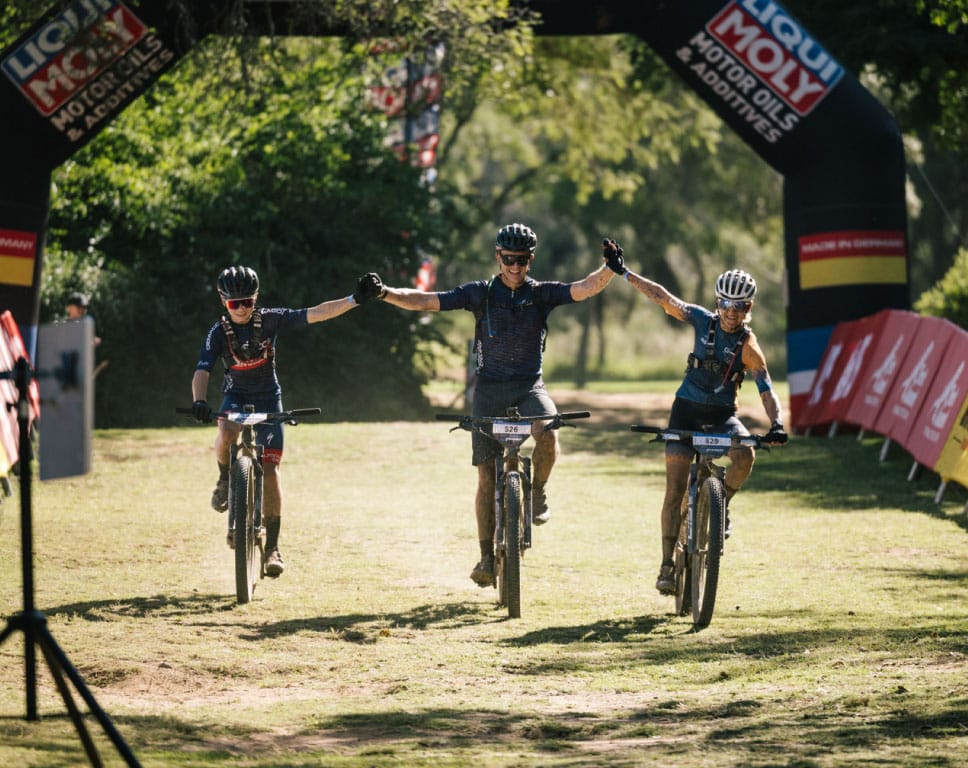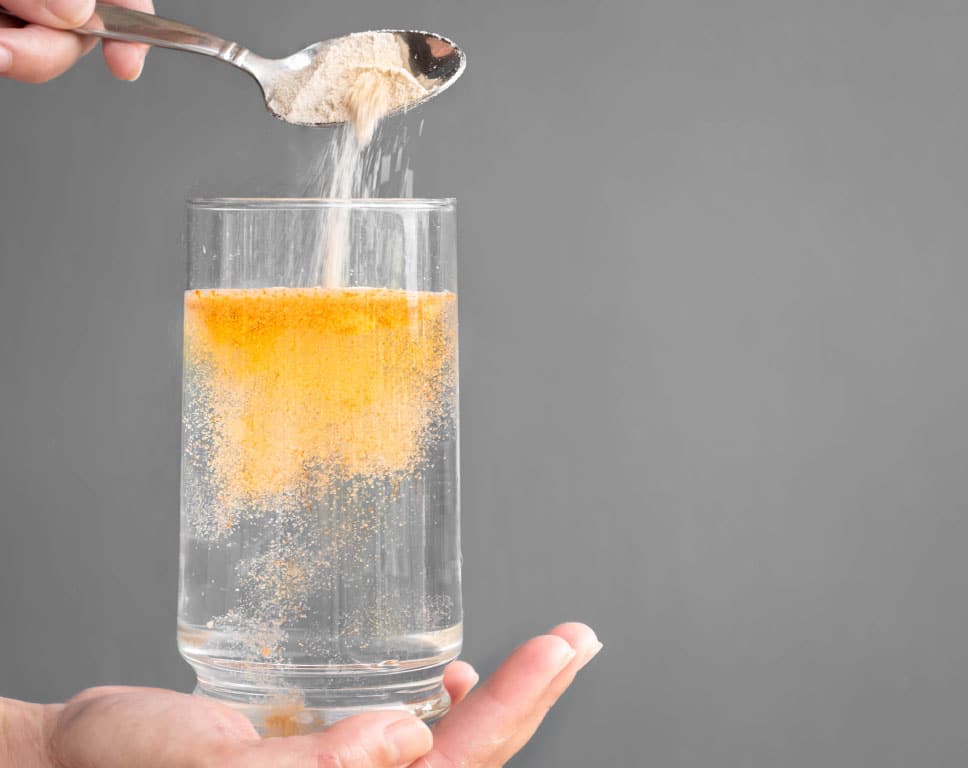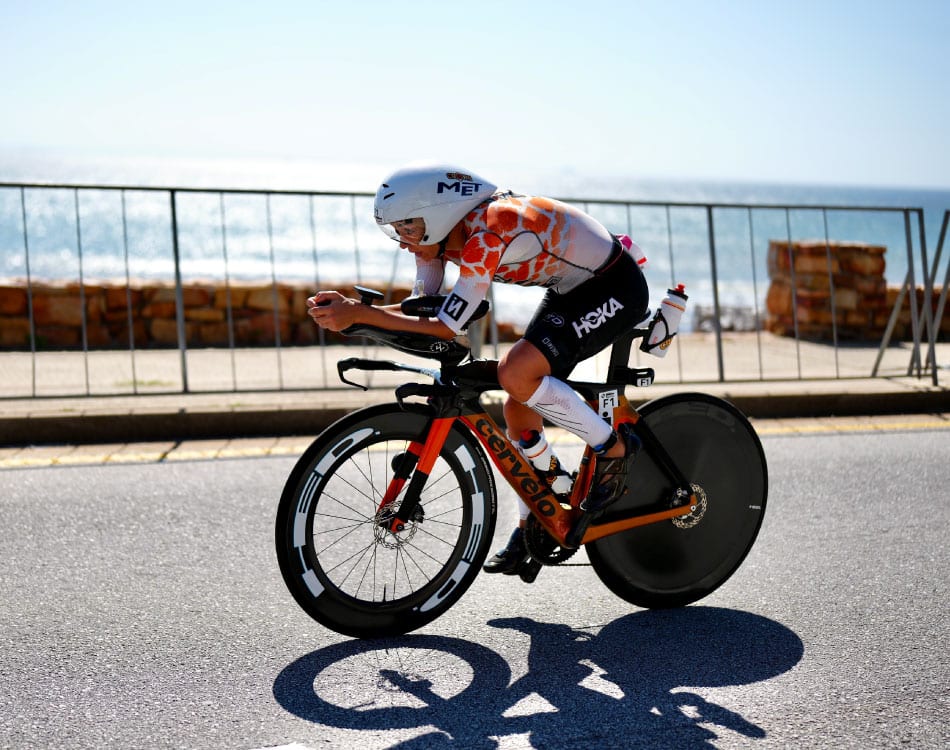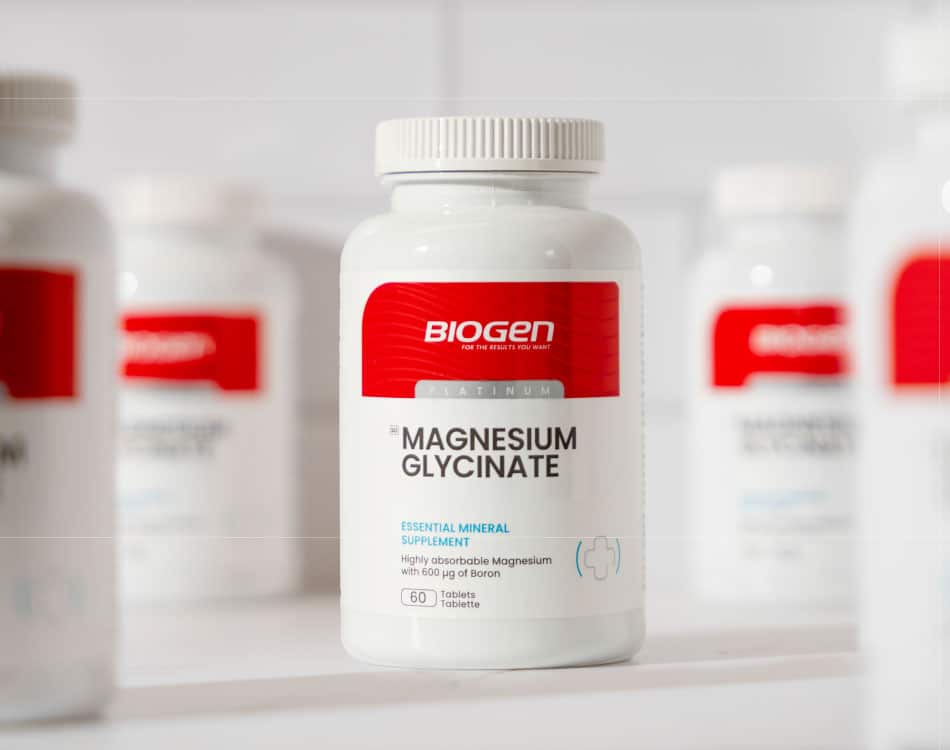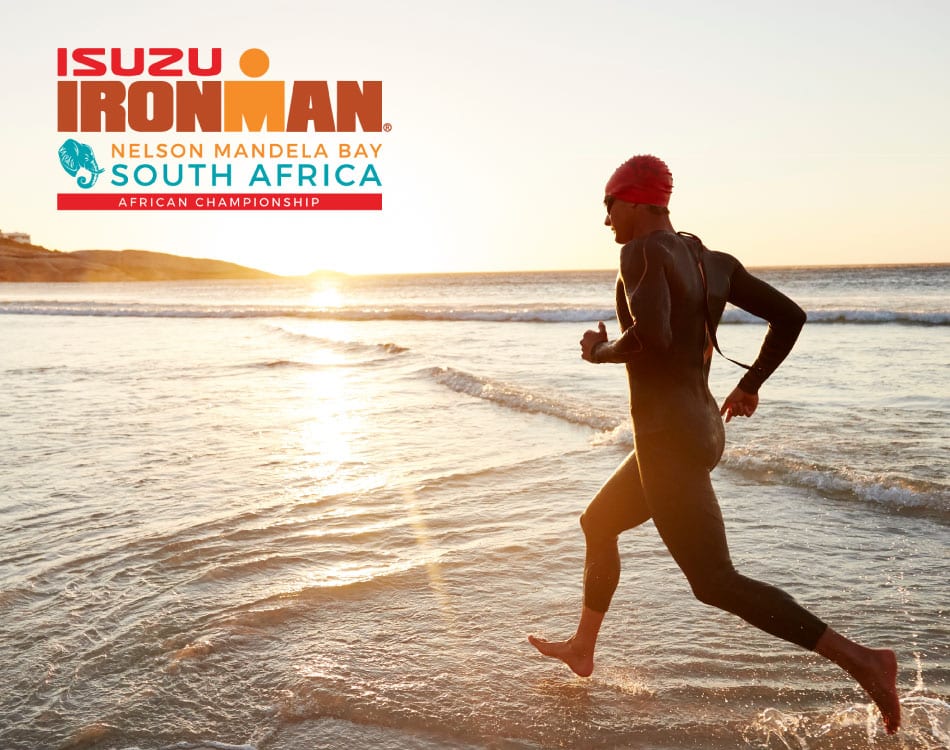No matter your sporting code or level of proficiency, peak performance relies on optimal recovery.
Nutrition plays a vital role in how well and how quickly you recover following athletic exertion. And as training loads ramp up in the summer months, a basic understanding of an athlete’s nutritional requirements can empower you to better manage your recovery.
Put back what exercise takes out
Repetitive exercise or long exercise sessions deplete energy stores in your body. Inadequate replenishment after long or strenuous training will lead to fatigue and will likely compromise your performance at subsequent sessions.
Regular physical activity also triggers muscle breakdown, both during and after exercise. This is why your nutritional intake before, during and after physical activity matters. In this regard, it is essential to maintaining hydration and energy levels, preventing muscle loss and enhancing muscle repair.
How you manage your nutrition also determines how resilient you are by decreasing your injury risk.
Additional options
Addressing your recovery needs has never been easier with the variety of fit-for-purpose sports nutrition products on the market. But scientific studies show that common food items like flavoured milk and yoghurt drinks can also support your recovery efforts.
According to Rediscover Dairy, the Consumer Education Project of Milk SA, dairy, as an alternative sports drink, has a unique nutritional profile:
- Carbohydrates boost energy stores and help combat fatigue
- Protein supports muscle recovery
- Potassium, magnesium and sodium replace electrolytes lost through sweating
- Calcium builds and maintains strong bones
- Fluid rehydrates
“The composition of flavoured milk, which contains both carbohydrates and protein in an ideal ratio, offers optimal sports enhancing qualities,” says sports dietitian, Nicki de Villiers.
“However, across the dairy options for sports recovery, which also includes fat-free and low-fat milk, as well as drinking yoghurts, it is the unique availability of high quality protein (whey and casein) that ensures your body can optimally refuel and repair”.
Timing matters
Getting your timing right is also important, adds De Villiers. “Within 30 minutes after a workout or a sports event, drinking a glass of milk, flavoured milk or drinking yogurt will ensure that you refuel, rehydrate and repair optimally.”
Sports recovery nutrition is equally important for junior athletes in the family. You can make your own flavoured milks by quickly blending combinations of vanilla extract, cocoa powder, natural sweeteners such as honey or maple syrup, and a wide variety of summer fruits including berries, bananas, mangoes and stone fruits with milk.
Learn more about the role of milk in sports nutrition here.



